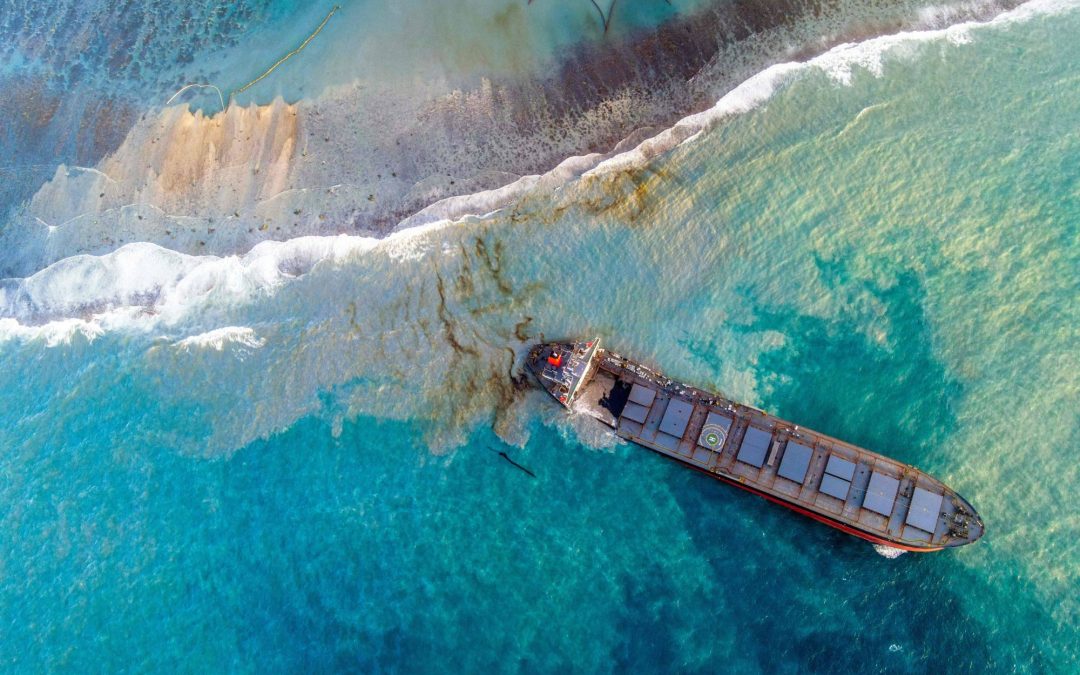When it comes to regulations that protect the marine environment, things are only heading in one direction: towards more stringent restrictions on how the shipping industry operates.
The International Maritime Organisation’s MARPOL convention now spans a host of environmental issues, from plastics to pollution. Understandably, much of the focus in recent years has been on the airborne emissions impact of how our industry does its business. Less discussed – but still as prescient – is the host of rules that shipowners and operators must comply with to tackle waste from onboard.
The reason we must look at the holistic picture and consider all of shipping’s waste products is clear: our oceans are a precious environment that we must protect to the full extent of our ability.
One of the best ways that we can protect our oceans and ensure compliance with MARPOL is by picking good technologies to install onboard ships.
Equipping a ship with all of the technology it needs to operate is not an easy task. Today, for many shipowners, this is mostly handled by shipyards, who provide standard lists of equipment that are able to be smoothly integrated within a vessel design.
This arrangement works for some technologies onboard. But there are some areas, including in propulsion, fuel handling, safety systems and – critically – water and wastewater treatment, where more active and discerning participation from a shipowner is required.
To put it simply, building a new vessel, or committing an existing one to have upgrades and retrofits, is a potentially risky exercise, requiring time and the investment of millions of dollars. This is particularly true in the current macroeconomic climate, where both geopolitical and regulatory forces threaten to combine and change our way of working at a moment’s notice.
Shipping’s regulatory environment is becoming increasingly kaleidoscopic, with complexity and reporting requirements amplifying every day. The risk of penalties and operational disruptions from non-compliance is more prescient than ever before.
At this time of heightened risk, shipowners and operators must be able to feel assured in their technology choices and choice of OEM partners. They should be prepared to demand more from OEMs, insisting not just on efficient service, but on a level of reliability that can help to underpin their maritime operations.
This includes pushing for technologies built with the best materials and cutting-edge engineering, capable of withstanding harsh marine environments without compromising performance.
Shipowners should also choose technology solutions that seamlessly integrate into existing systems, offering plug-and-play compatibility that minimises downtime and maximises productivity.
In other words, OEMs must sell trust; trust in technology that will enable shipowners to navigate unpredictable market conditions and regulatory changes. This trust empowers shipowners to make informed decisions, seize opportunities, and maintain a competitive edge, fostering resilience and sustainability in their businesses.
By aligning with manufacturers that prioritise transparency, accountability, and continuous improvement, shipowners can work together to install bespoke systems that are tailored to their specific needs and challenges.
These partnerships foster collaboration, innovation, and knowledge sharing, driving mutual success in an increasingly competitive maritime environment while ensuring the seamless integration and ongoing support of critical technologies throughout the vessel lifecycle.
This is what gets the team at Wärtsilä Water & Waste out of bed in the morning. We specialise in providing innovative solutions for water and waste management in maritime and land-based applications, with the aim of putting trust and sustainability at the forefront of what we do.
Our portfolio includes advanced waste treatment systems, such as sewage treatment plants and ballast water treatment systems, that are designed to meet the stringent environmental regulations governing maritime operations. These systems help shipowners and operators comply with international standards while minimising their environmental footprint.
In addition to waste treatment solutions, we also offer a range of water management products, including freshwater generators. These products ensure the efficient and sustainable use of water resources onboard vessels, enhancing operational efficiency and environmental sustainability.
Trust in technology can help to ensure environmental stewardship remains a key focus for owners and operators. By ensuring compliance with stringent environmental regulations, technologies can contribute to the preservation of marine ecosystems and the reduction of pollution in sensitive maritime environments – a valiant goal to strive for in this era of increasing complexity, fragmentation and complication.
Source: Hellenic Shipping News






